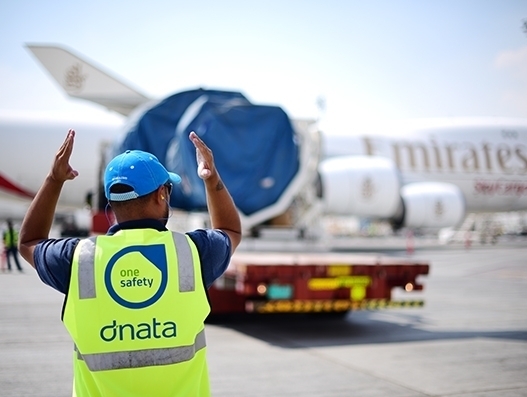
dnata’s Philippine operations awarded IATA’s ISAGO certification at three airports
Jan 9, 2019: Ground handler dnata has renewed its IATA Safety Audit for Ground Operations (ISAGO) Registration by the International Air Transport Association (IATA) in the Philippines. The company has obtained ISAGO Station Accreditations at Manila Ninoy Aquino International Airport (MNL), Cebu Mactan International Airport (CEB) and Clark Diosdado Macapagal International Airport (CRK) following successful […]

Jan 9, 2019: Ground handler dnata has renewed its IATA Safety Audit for Ground Operations (ISAGO) Registration by the International Air Transport Association (IATA) in the Philippines.
The company has obtained ISAGO Station Accreditations at Manila Ninoy Aquino International Airport (MNL), Cebu Mactan International Airport (CEB) and Clark Diosdado Macapagal International Airport (CRK) following successful completion of ISAGO Audits at these airports.
dnata's operations in Manila have already been ISAGO registered since 2010. The renewal of the ISAGO Registration in the Philippine capital demonstrates the company's ability to meet the highest safety and security standards.
Margaret L Yu, chief executive officer, dnata Philippines said: “Safety and security are fundamental aspects of our operations. We always aim to achieve the highest possible safety standards for our customers, their passengers as well as our employees and facilities, and our efforts are clearly reflected in our corporate culture, trainings and processes.”
ISAGO is an industry global standard for the oversight and audit of ground service providers. It is complementary to the internationally recognized and accepted IATA Operational Safety Audit (IOSA) designed to assess the operational management and control systems of an air operator. The implementation of the ISAGO aims to address the safety risks and incident costs of ground operations.
ISAGO is conducted in a standardized and consistent manner using internationally recognized standards and requires conformance with the applicable ISAGO Standards and Recommended Practices at both the corporate and station levels.

